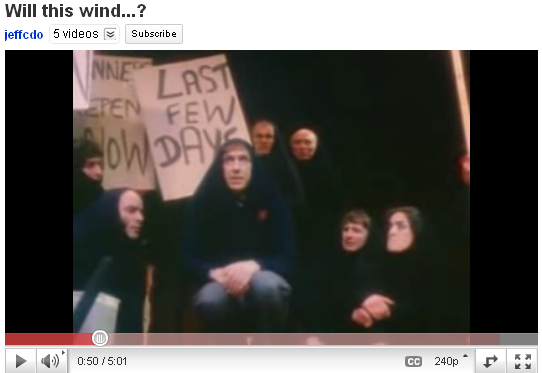The attack to come. Four sentences from this morning’s Liberal Party missive on the budget sum up the attack to come.

Most interesting is the linking of the cuts to benefits and the cost of managing asylum seekers. That boat people issue must really be showing up in all the political research groups although I guess we knew that when Labor started sending officials to inspect Manus Island and did a deal with Malaysia.
Perhaps an even more significant pointer was the public absence of Foreign Minister Kevin Rudd in either bit of negotiation. Solving the problems of the world is one thing but helping solve difficult ones at home is not the stuff from which political resurrections are made.
No drama at all. Any sense of drama has well and truly been drained from budget night. As a casual listener last night I heard nothing that surprised me. With all the carefully placed stories over the last week the event itself was devoid of news. The only slight mystery was finding out what assumptions were behind the confident predictions of better times to come.
Put them in for longer or not at all. An interesting statistical study just released by Britain’s Ministry of Justice suggests that longer prison terms and no prison terms at all are more of a deterrent than spending a short time in jail.
The figures released by the Ministry show that offenders jailed for between two and four years have lower reoffending rates than those given shorter sentences. They also showed that offenders on community orders had lower reoffending rates than those given custodial sentences of less than a year.
The paper describes results comparing re-offending rates between adult offenders receiving different types of sentences with custodial sentences at courts in England and Wales for each year between 2005 and 2008. The results from the variable by variable method show:
- Offenders receiving Community Orders (COs) had lower re-offending rates than those given immediate custodial sentences of less than 12 months for all four years. In 2008 the difference was 8.3 percentage points.
- Offenders on Suspended Sentence Orders (SSOs) had lower reoffending rates than those given immediate custodial sentences of less than 12 months for all four years. In 2008 the difference was 8.8 percentage points.
- Offenders given immediate custodial sentences of 1 year or more but less than 2 years had lower re-offending rates than those who received immediate custodial sentences of less than 12 months for all four years. Given the small numbers of matched pairs for this comparison the difference between these two sentences are highly variable, ranging between 2.5 percentage points in 206 and 10.3 percentage points in 2005. The latest figure for 2008 showed a difference of 4.4 percentage points.
- Offenders given immediate custodial sentences of 2 years or more but less than 4 years had lower re-offending rates than those who receive immediate custodial sentences of 1 year or more but less than 2 years for all four years compared. Given the small numbers of matched pairs for this comparison the difference between these two sentences are highly variable, ranging between 2.7 percentage points in 2005 and 7.2 percentage points in 2008
Now is the end. Perish the world. As this very issue of the Crikey email is being published, many Romans are leaving their homes in the city because of fears a giant earthquake is coming following a seismologist’s 1915 prediction that “the big one” would hit the capital on May 11, 2011. To help my Italian readers get ready for what is to come, here is a Peter Cook and Dudley Moore preparation for the conflagration to come:








More dog-whistling from the Coalition. Ho hum. Responding against them is becoming akin to feeding the trolls.